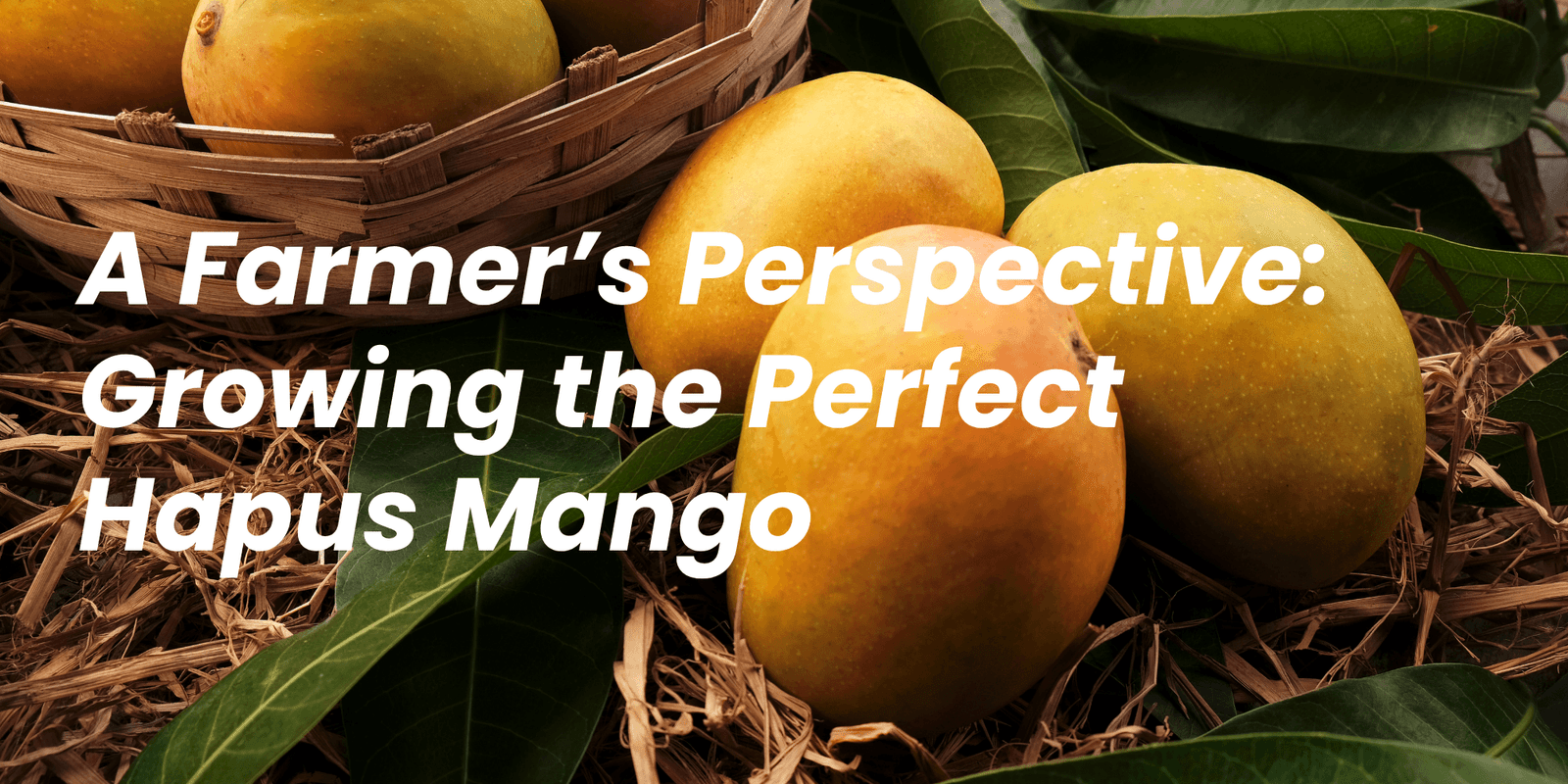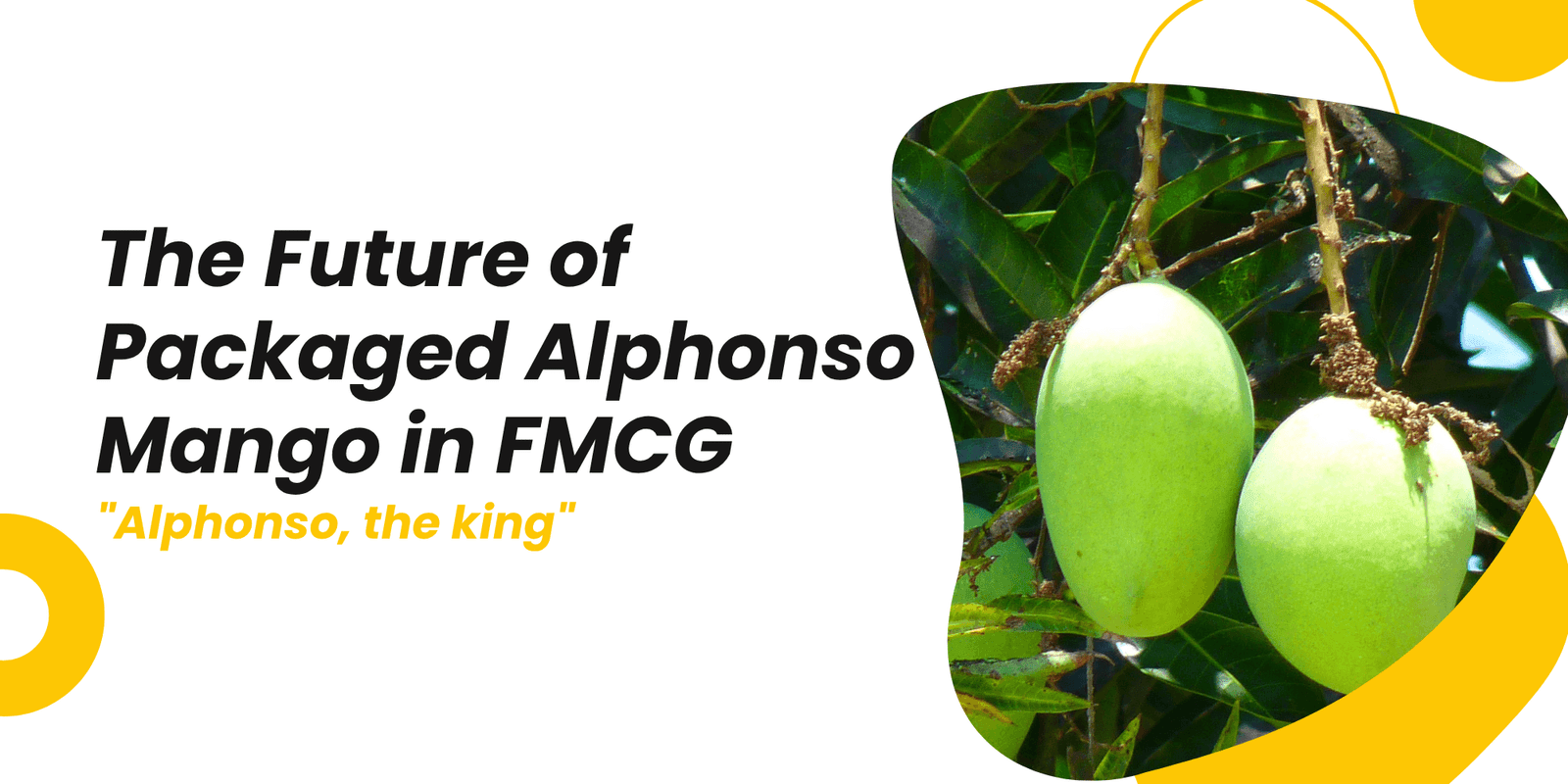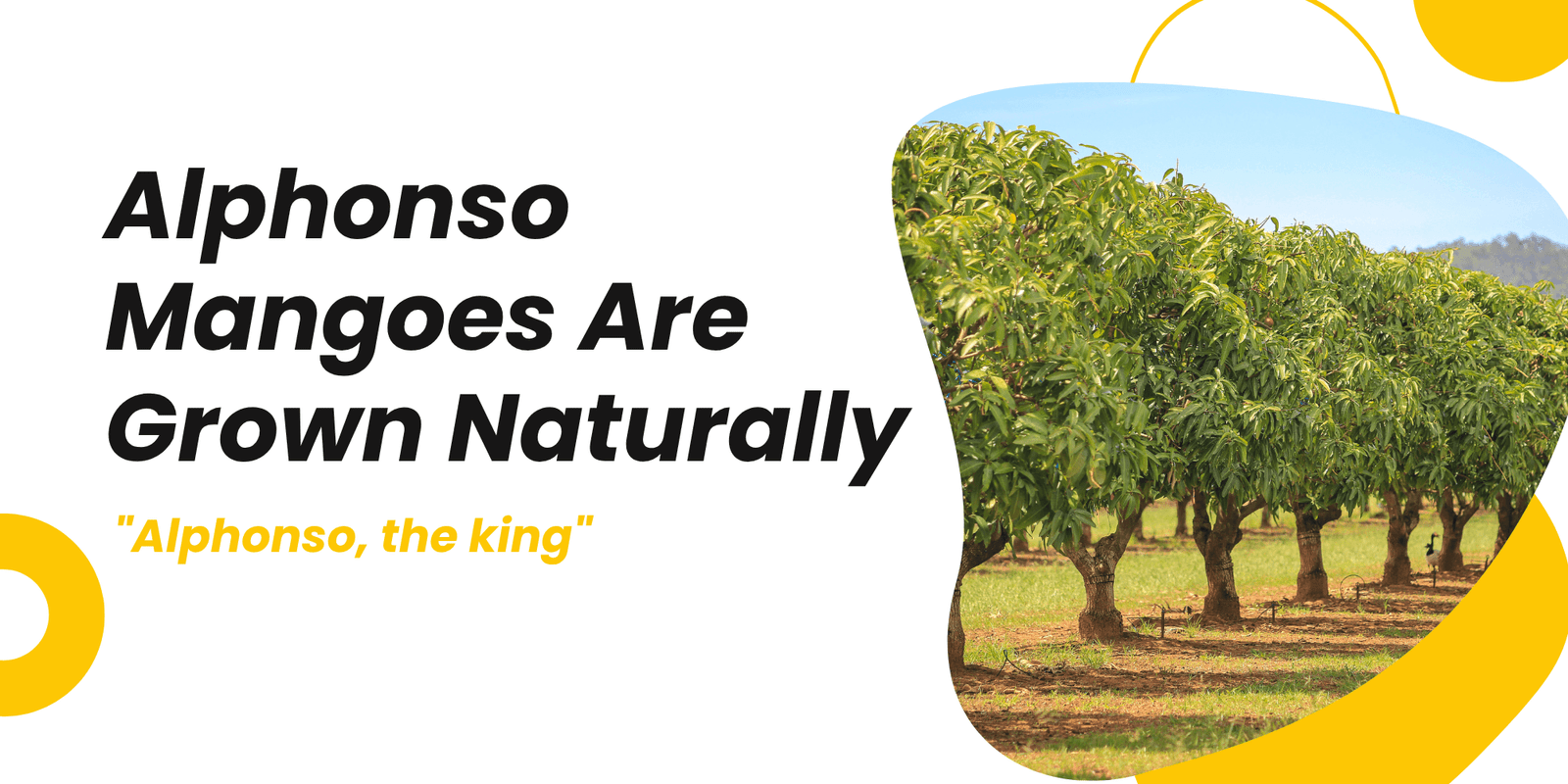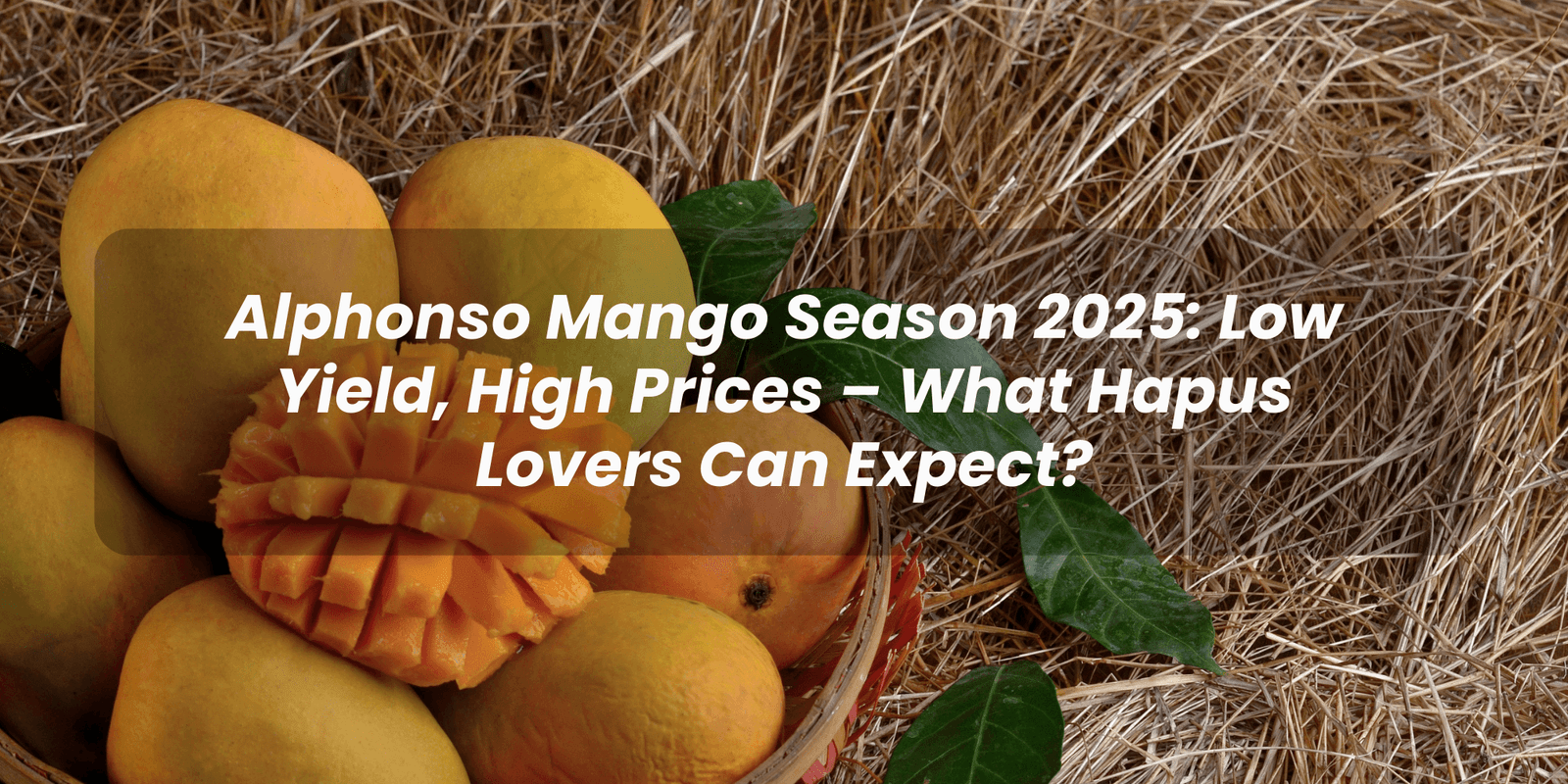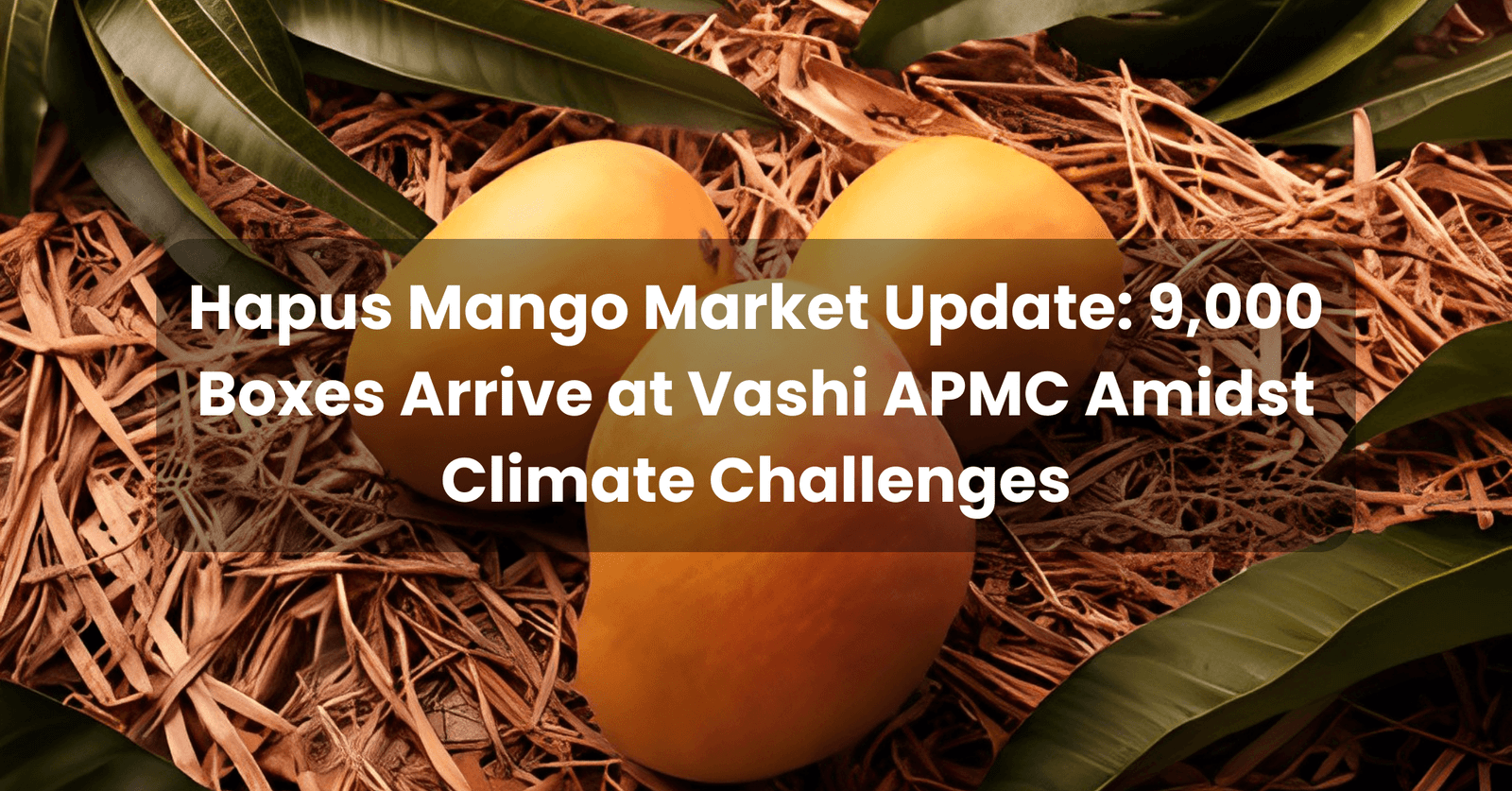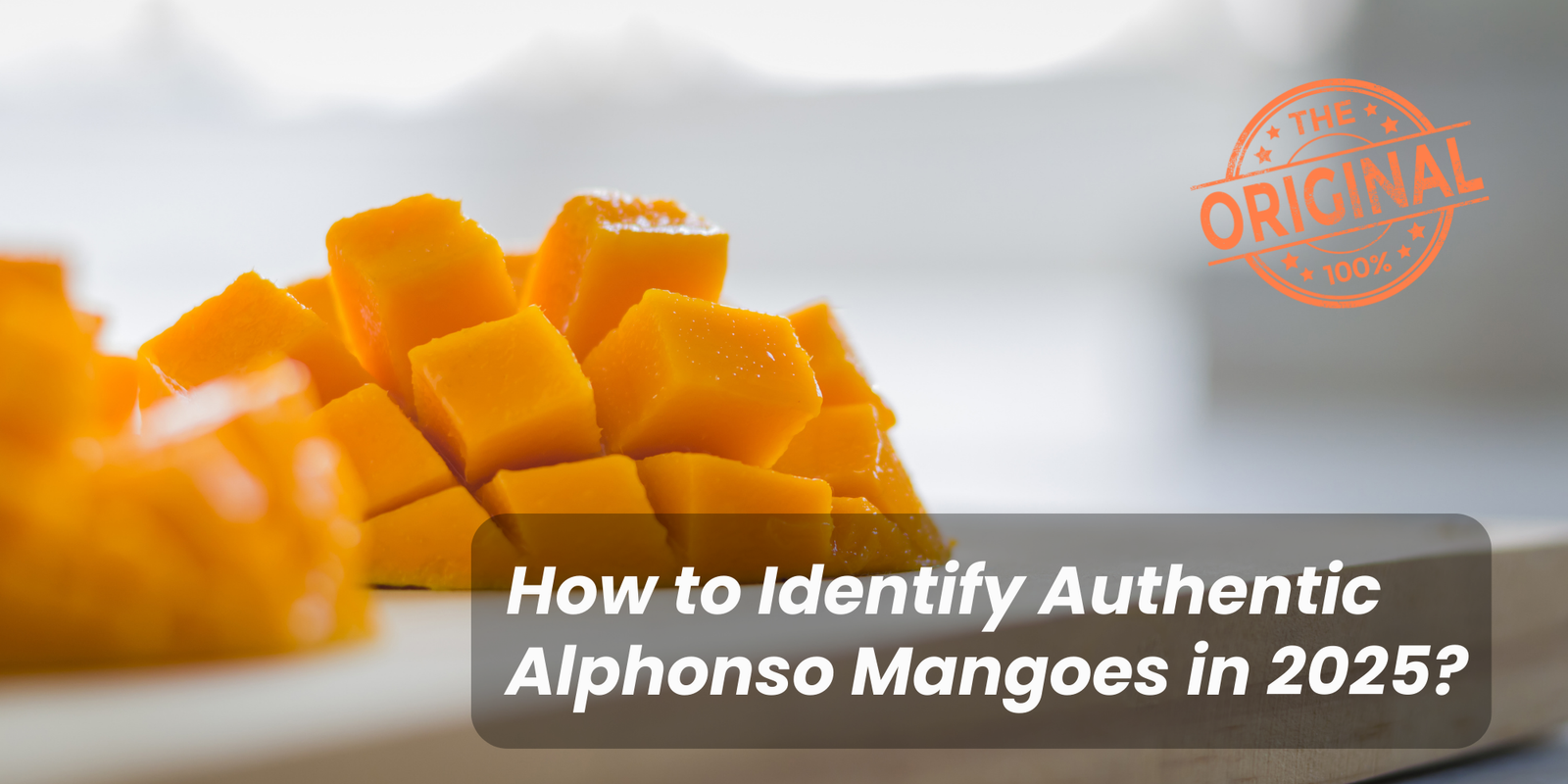Zero-Waste Mango: Turning Peels and Seeds into Value-Added Products
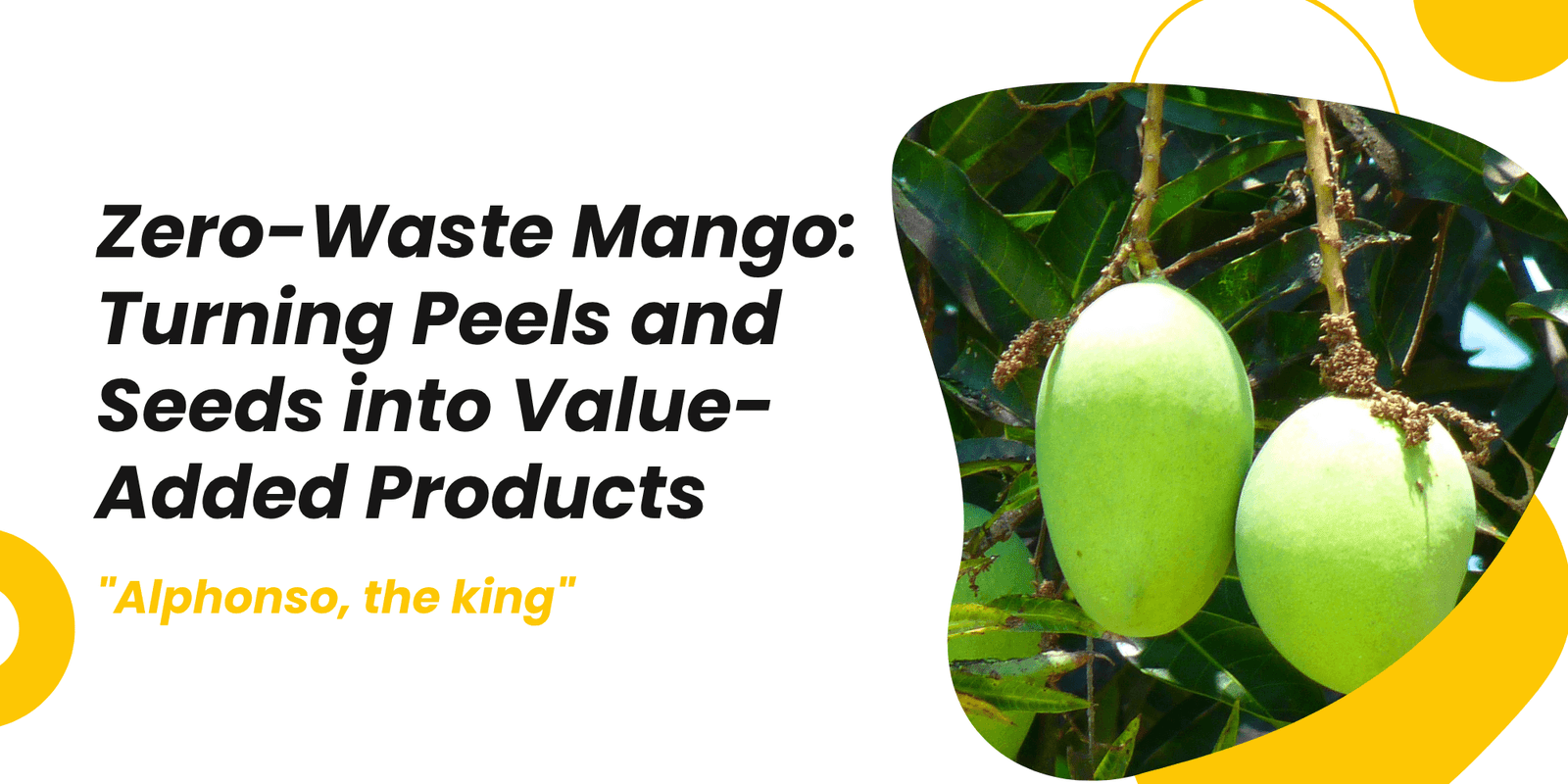
Every summer, millions of Alphonso mangoes reach households, restaurants, and processing factories. After the juicy pulp is enjoyed or canned, up to 40 percent of each fruit—mainly peel and seed—often ends up as waste. Forward-thinking farmers, startups, and food brands are now proving that mango leftovers can become valuable resources rather than landfill. From nutraceutical powders to biodegradable tableware, here’s how a zero-waste approach is reshaping the mango industry.
Peels: A Hidden Source of Nutrition and Color
Mango peels are rich in dietary fiber, antioxidants, and natural pigments. Instead of discarding them, processors wash, dry, and mill the skins into a fine flour that can:
- boost fiber in baked goods such as cookies and energy bars
- add natural yellow-orange color to pasta or snack coatings
- serve as a functional ingredient in animal feed, reducing reliance on imported maize
Some cosmetic brands even extract mangiferin—a skin-loving antioxidant—from peel flour to craft anti-aging serums.
Seeds: From Kitchen Waste to High-Value Oil
Inside every mango seed lies a kernel packed with fats similar to cocoa butter. When cold-pressed, the kernel produces a light, non-greasy oil ideal for:
- plant-based chocolate and vegan spreads
- premium soap and body-butter formulations
- natural hair conditioners and scalp treatments
The residual seed cake, still rich in protein, can be added to livestock feed or converted into bio-char for soil enrichment.
Bioplastics and Tableware
Researchers have found that combining mango peel starch with vegetable fibers yields a sturdy, compostable bioplastic. Pilot units in Maharashtra are molding this bioplastic into plates, cutlery, and takeaway bowls—perfect for cafés keen on reducing single-use plastic.
Fermented Beverages and Vinegar
Fermenting leftover peels and pulp trimmings creates a tangy vinegar high in fruit esters. Chefs use this mango vinegar in salad dressings and marinades, while microbreweries experiment with peel-infused kombucha and hard seltzers.
Energy and Enzyme Production
Anaerobic digesters placed at large pulp factories convert mango residues into biogas, supplying up to 30 percent of on-site steam needs. Small-scale units ferment peels to produce pectinase and cellulase enzymes, which are then sold back to juice plants for clarification processes—closing the loop.
How Farmers Benefit
When processors pay for peel and seed deliveries, orchard collectives gain an extra income stream equal to 3-5 percent of fresh-fruit value. This bonus covers orchard-floor cleanup costs and incentivizes growers to segregate residues hygienically, improving overall food safety.
What Ratnagiri Hapus Store Is Doing
Our partner pack-houses channel dried peels to a nearby nutraceutical mill and ship seeds to a women-led cooperative that presses cosmetic-grade oil. By 2026 we aim to certify every supplier under a zero-waste protocol, ensuring that no part of the Alphonso goes unused.
Consumer Tips for Home Use
- Sun-dry clean peels, grind them, and add a tablespoon to smoothie bowls for extra fiber.
- Roast washed seeds in an oven; crack them open, and toast the kernels for a nutty snack.
- Steep fresh peels in vinegar for a week to create a fragrant cleaning solution.
The Bigger Picture
India exports more than 50,000 metric tons of processed mango every year. If even half of the resulting peel and seed by-products are up-cycled, the country could unlock an estimated ₹300 crore in new revenue, reduce greenhouse emissions from decomposition, and support thousands of rural jobs.
Zero-waste mango isn’t just a sustainability slogan; it’s a practical blueprint for turning every part of the fruit into value. Next time you enjoy an Alphonso or order pulp online, remember—the story shouldn’t end with the trash bin.

